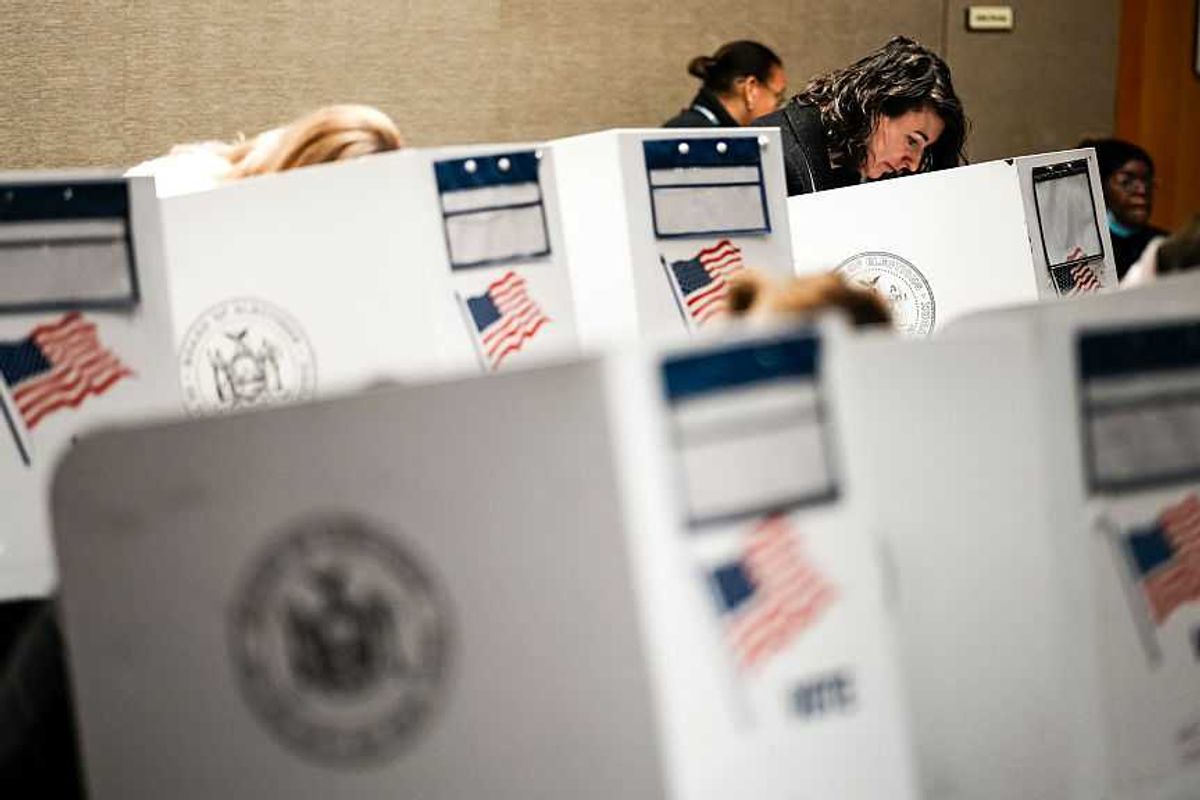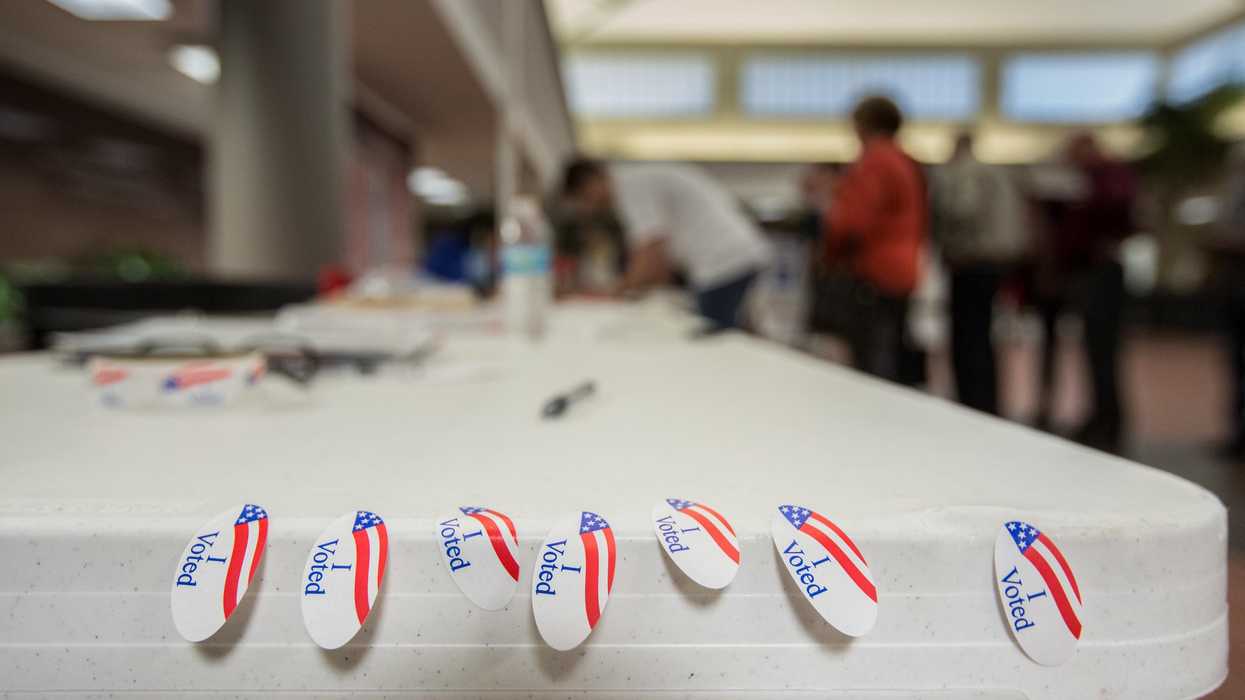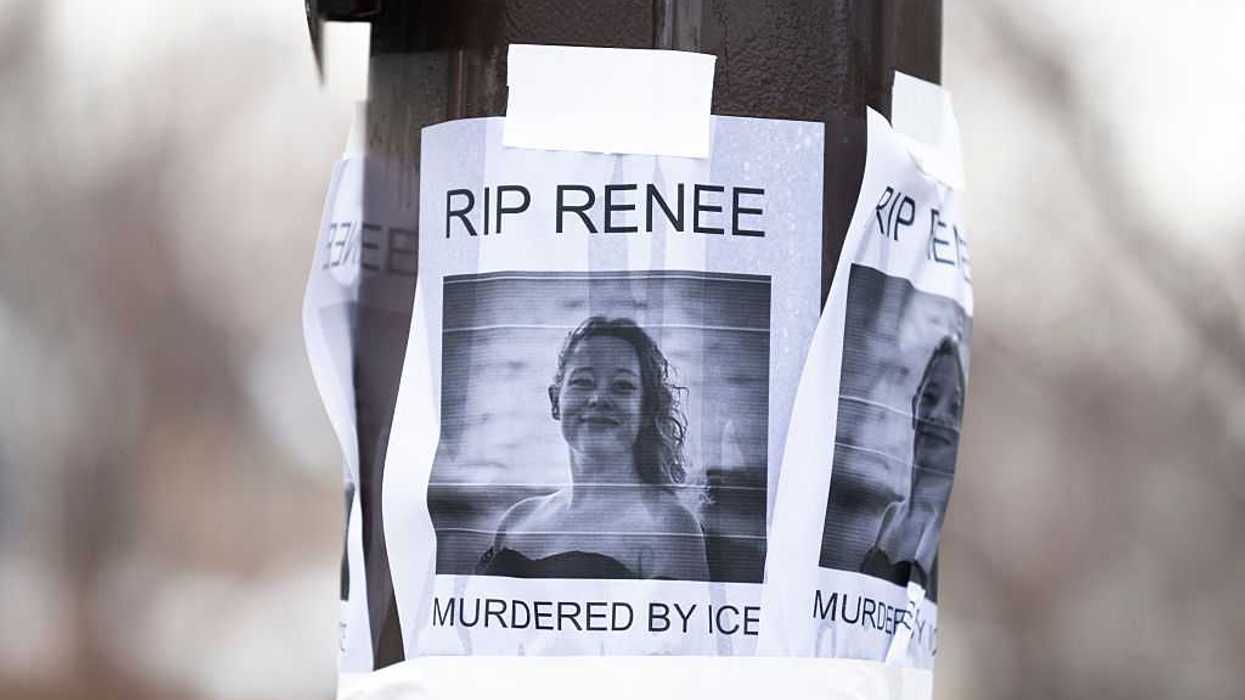Rotman is director of money in politics and ethics for Common Cause, one of the nation's oldest democracy reform advocacy organizations. From 2006 to 2011 she was the first director of Connecticut's public campaign financing program and before that was deputy general counsel of the New York City Campaign Finance Board.
When working-class Americans embrace the possibilities born of democracy, it often highlights that our government of, by and for the people is a work in progress. This is certainly the case when it comes to empowering working-class Americans to compete for a congressional seat. Just ask Nabilah Islam.
Islam ran for Congress in Georgia last year without a living wage or medical insurance. The Federal Election Commission then lacked the quorum required to issue an advisory opinion, requested by the candidate, as to whether she could use campaign funds to pay for health insurance.
So Islam had to go without coverage while campaigning for elected office last spring, during the first surge of the Covid-19 pandemic. (She finished third in the Democratic primary for an open House seat north of Atlanta.)
This scenario was unsafe for her. And it was unhealthy for our democracy.
Congressional candidates who represent the diversity of America — Islam only recently turned 30 and would have been the state's first Muslim member of Congress — must be able to seek office in Washington without worrying about a living wage or health insurance. Only 2 percent of the members of Congress have working-class backgrounds, and millionaires make up more than half of Congress, even though they amount to fewer than 5 percent of the national population.
Consequently, public policy decisions made by Congress too often reflect the interests and preferences of the wealthy instead of the priorities and views of the vast majority of Americans. Historical economic inequity along the lines of race and gender has translated to a lack of political representation for Americans of color and women.
Big Money still determines who can run for office and win, and what elected officials must work on when they get into office. Possibility is born of democracy, but Big Money has our democracy in a stranglehold. We must make it easier for everyday Americans to represent us in Washington.
Islam is now petitioning the FEC, which finally has a quorum so it can resume regulating the campaign finance system, to make clear that candidates may tap their campaign accounts to pay for health insurance. She is also asking the agency to strengthen rules that have long allowed candidates to draw a limited salary from their campaigns while running for federal office; Islam wants the regulations altered to include a living-wage floor as part of the the salary formula to make the funds available from the beginning of a candidate's campaign.
This would be a great start toward elevating opportunities for working-class Americans to run for Congress, and my organization supports her petition enthusiastically.
We need to go even further. Congress must pass the For the People Act, which passed the House last month as HR 1 and is now awaiting debate in the Senate as S 1, because the legislation would help curb the dominance of wealthy special interests drowning out the voices of working-class people.
Our system is out of balance and wealthy special interests now use their power to amplify their own voices and drown out the voices of everyday Americans.
Small-donor programs such as the one included in the For the People Act, and the one I led in Connecticut, work to combat these inequities and elevate the policies that favor large swaths of everyday Americans. (The legislation in Congress would establish a voluntary public financing system for congressional candidates, under which donations up to $200 would be matched six-fold, so long as the candidates agreed to forswear almost all Big Money contributions.)
Following implementation of the Connecticut program, the state became the first in the nation to enact sweeping health care coverage for its service workers.
Real people have been excluded from democracy by a disproportionate number of millionaire members of Congress. Working Americans embody our nation's hope, possibility and promise.
These are the voices we need seeking elective office in Washington and across the country, and it is time we take every step necessary to end the millionaire's club. Nabilah Islam's efforts at the FEC are a great start.



















